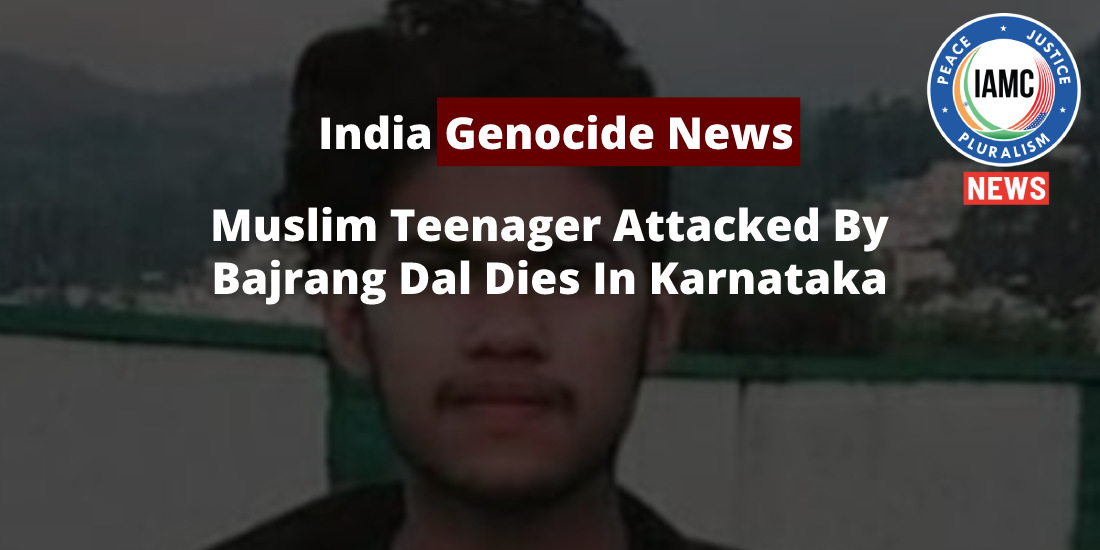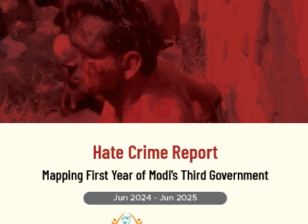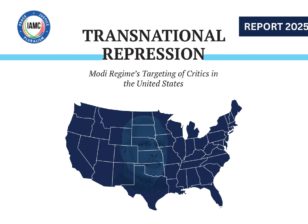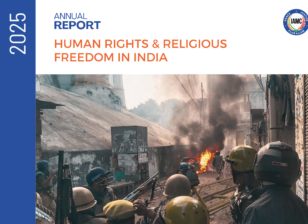18-Year-Old Muslim Youth Dies Days After Attack By Hindu Extremist Bajrang Dal Group In Karnataka
An 18-year-old Muslim man critically wounded in an attack by members of the Hindu militant group Bajrang Dal in Karnataka’s Bellare district has died. Masood was attacked on July 19 by a group of eight Hindu nationalists. He was a resident of the neighboring state of Kerala’s Kasargod district and was visiting his grandfather.
The police have arrested the accused who are Hindu men named Sunil, Sudhir, Shiva, Sadhashiv, Ranjith, Abhilash, Gym Ranjith and Bhaskar.
On Tuesday, Masood was attacked while on his way to attend a private function. When he went to a shop, a fight ensued between one of the accused named Sudhir and Masood over a trivial reason of accidentally bumping across each other. Sudhir threatened Masood with a bottle, according to the complainant and Masood’s friend Ibrahim Shanif.
Upper Caste Hindus Forcibly Stop Dalits From Entering Village Temple in Uttar Pradesh, Threaten Them With Death
Several Dalits in a village in the Etah district have alleged that upper caste Hindus threatened them with death and forcibly stopped them from entering the village temple earlier this week. While the Dalits complained to the district administration, officials dismissed the complaint as being baseless.
The incident took place in a village named Himmatnagar Bajhera where Dalits number about 600, more than half of the village’s population of 1,150.
Twelve people from the Dalit community who tried to enter the temple were beaten up in the past one month, said Mathura Prasad, a former caretaker of the temple.
The temple was reportedly built on government land around 10 years ago. A protest was held by the Dalit community at the Collectorate office and a memorandum was also submitted to the DM.
The Dalit community accused upper caste people of encroaching on the temple and banning them from entering and worshiping. They also alleged that the upper caste strongmen had also threatened to kill them if they dared to enter the temple.
The complaint said the upper caste Hindus assaulted the temple priest and forced him to leave. The Dalit villagers accused the police of being hand in glove with the accused. They said an FIR was not filed despite a complaint from them. The Dalit community members said they had to take out a protest at the DM office to highlight their issues.
Former Supreme Court Judge Says Indian Courts Have Become Rubbers Stamps For Police
A former judge of India’s Supreme Court has said that bail “has been reduced to a mere slogan to be whispered once in a while” and that jailing has become the norm in India.“The reality is jail, not bail. Another reality is that innocent until proven guilty has been transformed to guilty until proven innocent,” Justice Madan Lokur wrote in an OpEd. “Those who suffer these realities are undertrial prisoners who live in conditions that will never improve or so it seems, despite more than 40 years of efforts by the Supreme Court.”
Justice Lokur said the “state of affairs” in India’s prisons was “dismal, tragic and dehumanizing” and was caused by indifferent prison officials. He cited the case of Jesuit priest Stan Swamy who was denied a sipper or a straw to enable him to drink water and died last year.
“Arresting persons for sedition was the flavor of the month until the Supreme Court said enough is enough. So, our ingenious authorities found other devious ways to arrest persons,” he wrote.
Citing the cases of actor Ketaki Chitale who spent over a month in Maharashtra for a “derogatory tweet” and of Gujarat legislator Jignesh Mevani who was arrested on “trumped up charges” in Assam in April, Justice Lokur said “every week an arrested rabbit is pulled out of the penal code hat.”
These examples indicate that people are arrested for “the most frivolous of reasons and made to suffer pathetic conditions of our jails, while the influential, powerful and the moneyed enjoy state guest status. Most unfortunately, our judiciary denies bail or facilities for irrelevant reasons thereby putting a stamp of approval on the extra-legal machinations of the police and prosecution.”




